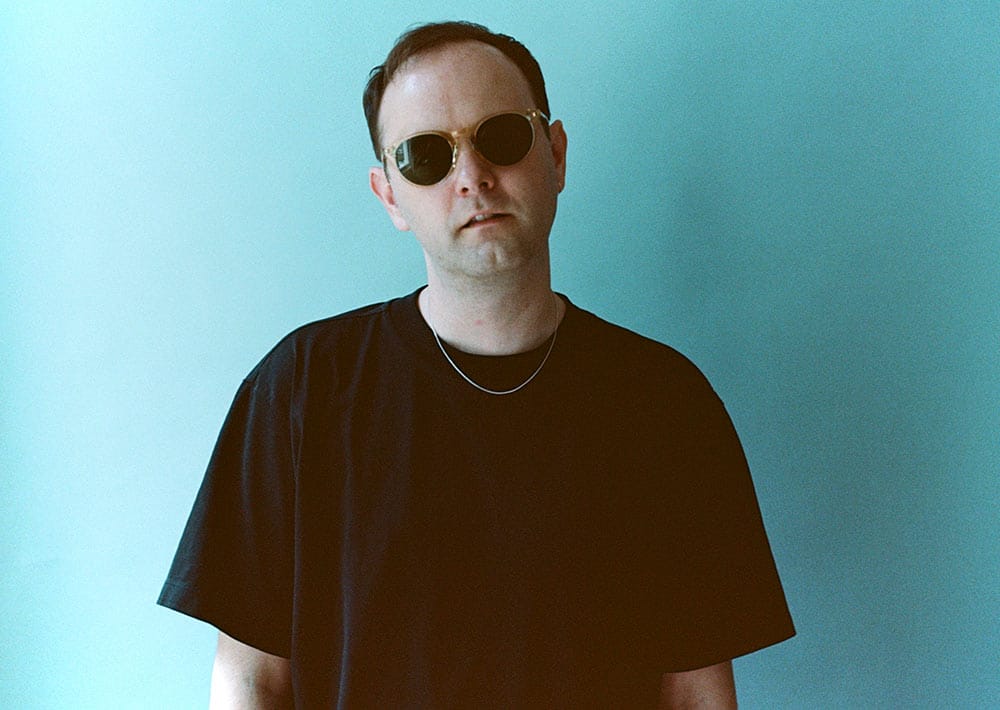
Griff Lynch: “It’s about knowing where your time is better spent and where your budget can really add value.” Photo: Carys Huws
The Welsh songwriter shares five essential lessons drawn from over a decade of DIY recording, live performance, and creative experimentation
From the early psych-pop days of Yr Ods, formed with friends at Aberystwyth University, to his introspective new solo debut Blas Melysa’r Mis, Griff Lynch has been navigating the contours of Welsh identity, language, and sonic expression for over a decade. Whether the playful jangle-pop of Kombucha, the expansive psych-rock of the title track, or the bilingual collaboration with Manic Street Preachers’ James Dean Bradfield on Same Old Show, his music unites the personal with a wider worldview. Along the way, Lynch has learned not just how to craft songs, but how to shape them into experiences, balancing DIY recording, orchestral touches, and live reinterpretation. Here, he shares five lessons from that journey…
1. SPEND MONEY AND TIME IN THE RIGHT PLACES
I record everything I can at home. My engineering skills are only slightly above basic, but that’s enough to get ideas down. By putting the hours in myself and using in-the-box instruments, I save money. Then I spend my budget where it counts: real strings, brass, guest vocals, string arrangers! For me those organic touches lift the whole track and make the DIY elements feel intentional rather than cheap. It’s not about cutting corners; it’s about knowing where your time is better spent and where your budget can really add value.
2. LET OTHERS MIX AND MASTER
I always get someone else to mix my songs. Maybe it’s because I lack the skills, but I believe another perspective is healthy. A mixer will hear the song differently to you, and that’s a good thing. Don’t be afraid to use two or three mixers on an album either; consistency isn’t an issue if the same person masters it all at the end. And while we’re here, really try to understand what mastering actually does, because I still don’t! It’s worth asking questions and learning.
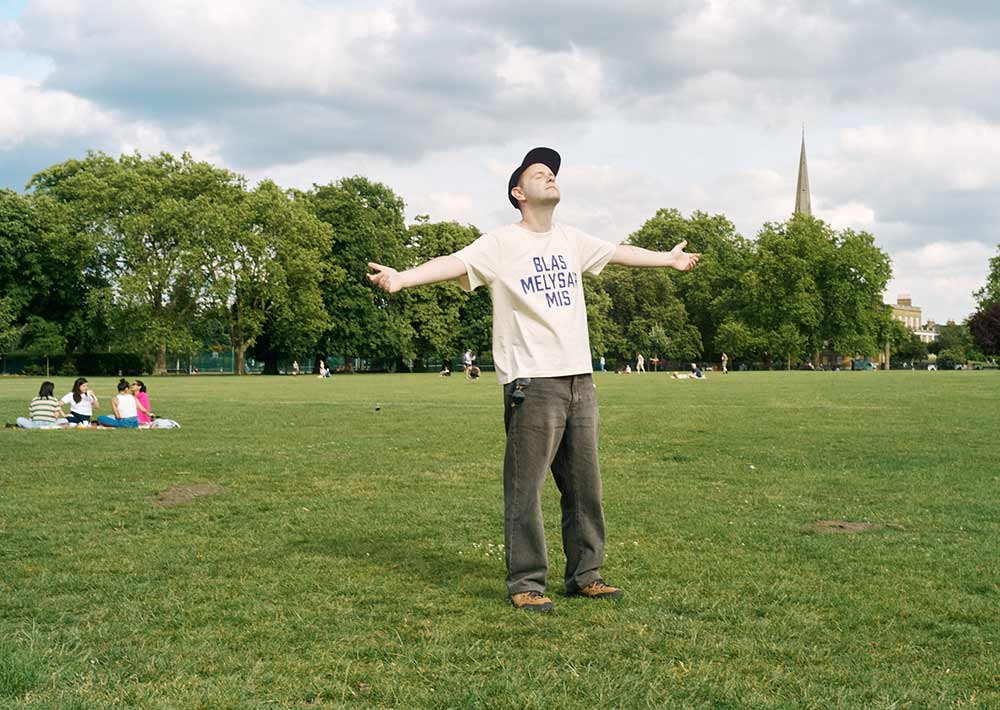
Griff Lynch: “You don’t need a finished song before recording, and you don’t need to record until you’re fully happy either.” Photo: Carys Huws
3. REIMAGINE THE LIVE EXPERIENCE
You don’t need to replicate the recording on stage when playing live. I actually think it’s better not to. My records often use pads and synths to fill the space, but live, it’s much more raw. Guitars and distortion take their place. It’s also way more fun to do it that way. It’s about translating the song into a different environment. I’m not talking about changing key or groove; it’s just about giving people two different experiences, keeping the song fresh for everyone.
4. HARMONIES TRANSLATE WELL
My songs make the most sense to Welsh speakers (obviously!) The lyrics are personal and specific, and that’s a huge part of the music. But I also want to reach listeners outside the language. I’ve found that harmonies, double-tracked vocals and rich melodies help in that way. They turn the voice into another instrument. For me, it works on record and live.
5. FORGET THE RULES
I try not to think too much about rules. You don’t need a finished song before recording, and you don’t need to record until you’re fully happy, either. The important thing is finding the time to make something, and not making excuses as to why you’re not! For me, writing and recording can sometimes feel excruciating, like a chore. For others, it’s all they want to do all day, every day. Everyone’s different, and your own relationship with songwriting changes, too. It depends on your mood from month to month, year to year, and that’s fine.

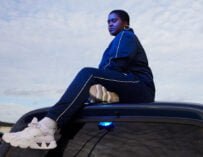
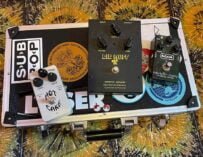
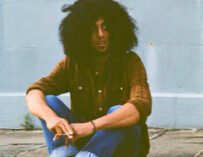


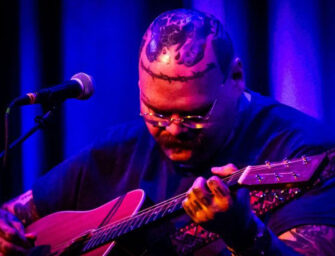
























Related Articles